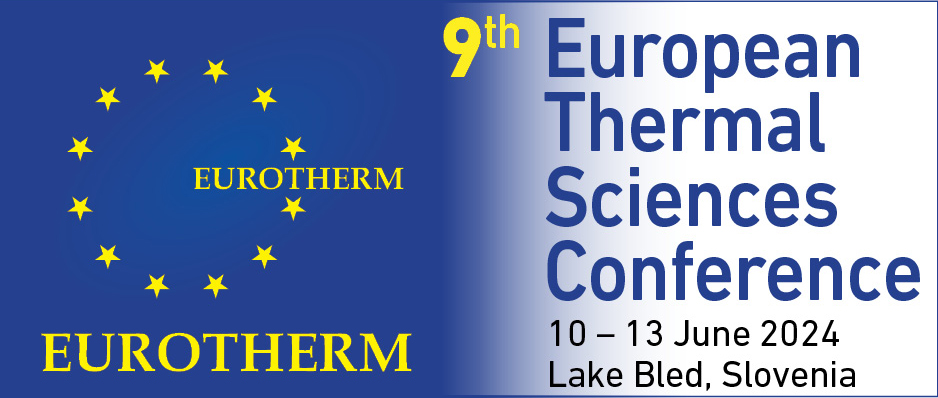Data-driven evolutionary deep learning in high temperature basic oxygen steelmaking operation
Nirupam Chakraborti
Basic oxygen steelmaking operation (BOF) is a very complicated high temperature industrial operation. Here in an environment of extreme turbulence, some very complicated chemical reactions take place in order to produce steel. Analytical models exist for this process but they are however often too difficult and cumbersome to apply effectively in a real life scenario. In this situation surrogate models constructed from actual industrial data using evolutionary data-driven modelling can actually make a breakthrough. Here efficient intelligent models are constructed from the nonlinear and noisy plant data. Recent introduction of evolutionary deep learning has further augmented the capabilities of this approach, particularly in the presence of unstructured big data. In this work, the data collected from a basic oxygen furnace is used in the data-driven evolutionary algorithms developed in author’s group to come up with the surrogate models. These are evolutionary neural network (EvoNN), bi-objective genetic programming (BioGP), and evolutionary deep neural network (EvoDN2). The target was to reduction of phosphorus to an acceptable level, to limit the carbon content of the steel and also to control the operational temperature effectively. The objectives were constructed using three essential process parameters, temperature, carbon and phosphorus contents, and intelligent models for them were created using 91 process variables of the BOF operation in the plant. The analysis involved a total of around 17000 operational observations and coming up with intelligent surrogate models from them was an extremely difficult task, where deep learning appeared to be essential and only the EvoDN2 algorithm performed at high proficiency. With the generated data-driven models, the optimization work was performed simultaneously on three objectives using a constraint-based reference vector evolutionary algorithm (cRVEA). The optimized results in a multi-dimensional hyperspace were analyzed, and their effectiveness in the BOF steel making was examined in detail.
Professor Nirupam Chakraborti was educated in India and in the USA, receiving his B.Met.E from Jadavpur University followed by an MS from New Mexico Tech, USA and subsequently PhC and PhD degrees from University of Washington, Seattle, USA. He joined Indian Institute of Technology, Kanpur as a member of the faculty in 1984 and switched to Indian Institute of Technology, Kharagpur in 2000. He has now joined the Faculty of Mechanical Engineering of Czech Technical University in Prague after superannuating from Indian Institute of Technology, Kharagpur where he was a Higher Academic Grade Professor of Metallurgical and Materials Engineering.
Professor Chakraborti is a Co-Editor of the prestigious journal Philosophical Magazine Letters.
Internationally known for his pioneering work on evolutionary computation in the area of Metallurgy and Materials, globally, Professor Chakraborti is rated among the top 2% highly cited researchers in the Materials area, as per the recent reports published from Stanford University in the USA. Recently CRC Press has published his book Data-driven Evolutionary Algorithms in Materials Technology simultaneously from the UK and the USA. This book is a culmination of Professor Chakarborti’s decades of research and teaching efforts in this area.
He is a former Docent of Åbo Akademi, Finland, former long term Visiting Professors of Florida International University, Miami, USA and POSTECH, Korea, and he also taught and conducted research at several other academic institutions in Austria, Brazil, Finland, Germany, Italy and the US.
An international symposium, under the KomPlasTech 2019, which is the world’s longest running conference series in the area of computational materials technology, was organized in Poland in January 2019 to honor him. In 2020, an issue of a prominent Taylor of Francis journal, Materials and Manufacturing Processes was dedicated to him as well. Also, in 2021 Indian Institute of Technology, Kharagpur and Indian Institute of Metals, a professional body, organized another international seminar in his honor.
Professor Chakraborti is a Co-Editor of the prestigious journal Philosophical Magazine Letters.
Internationally known for his pioneering work on evolutionary computation in the area of Metallurgy and Materials, globally, Professor Chakraborti is rated among the top 2% highly cited researchers in the Materials area, as per the recent reports published from Stanford University in the USA. Recently CRC Press has published his book Data-driven Evolutionary Algorithms in Materials Technology simultaneously from the UK and the USA. This book is a culmination of Professor Chakarborti’s decades of research and teaching efforts in this area.
He is a former Docent of Åbo Akademi, Finland, former long term Visiting Professors of Florida International University, Miami, USA and POSTECH, Korea, and he also taught and conducted research at several other academic institutions in Austria, Brazil, Finland, Germany, Italy and the US.
An international symposium, under the KomPlasTech 2019, which is the world’s longest running conference series in the area of computational materials technology, was organized in Poland in January 2019 to honor him. In 2020, an issue of a prominent Taylor of Francis journal, Materials and Manufacturing Processes was dedicated to him as well. Also, in 2021 Indian Institute of Technology, Kharagpur and Indian Institute of Metals, a professional body, organized another international seminar in his honor.

